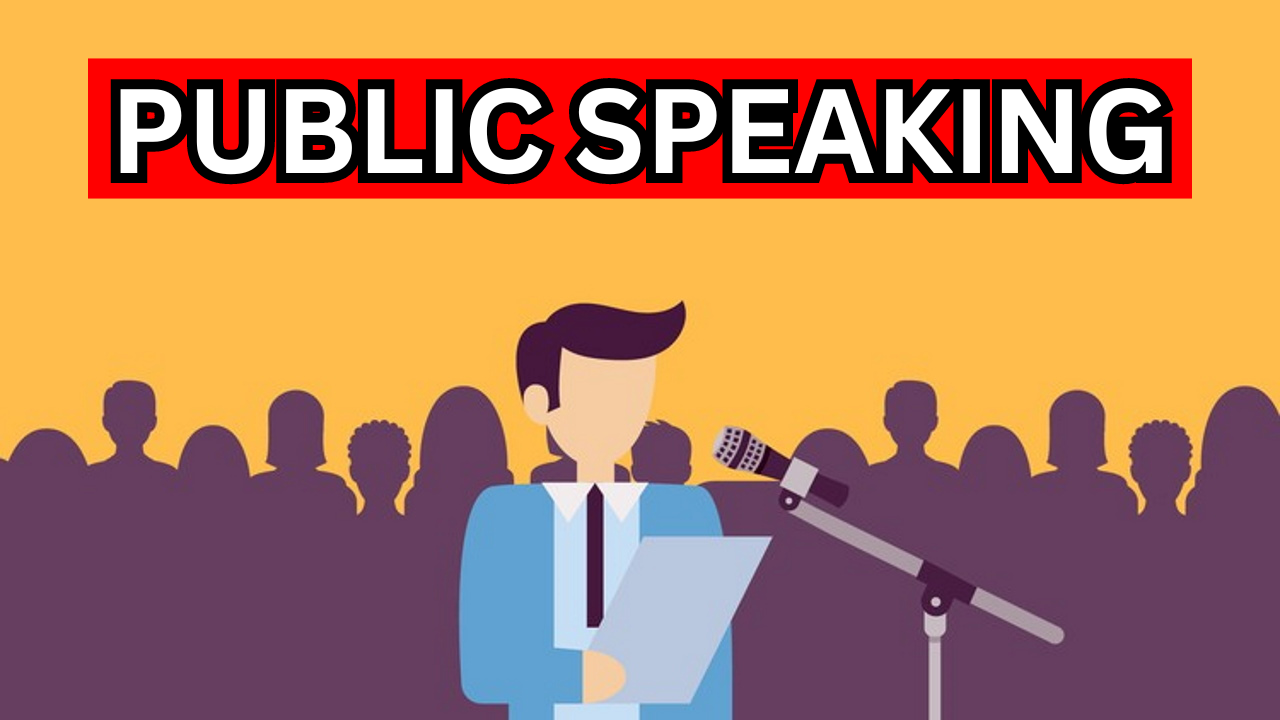Public speaking can be daunting, but it is all about connection. First, know your audience. Tailor your message to resonate with them. Practice is key, rehearse in front of a mirror or record yourself to spot areas for improvement. Use storytelling to make your points relatable. People remember stories more than facts. Do not forget to breathe, deep breaths, calm your nerves, and help you project your voice. Finally, embrace the pause, it gives you time to think and emphasize your message. Whether you are giving a presentation at work, or just sharing ideas with the group, mastering public speaking is a valuable skill. This article will give you some easy-to-follow tips to help beginners become better public speakers.
Start with Preparation:
Preparation is key to a successful speech. Start by using know-how in your subject matter and organizing your mind. Make a simple definition of what you want to mention, together with creation, principal factors, and an end. Practice your speech in several instances to become familiar with it. The more organized you are, the greater confidence you will experience while talking.
Know Your Audience:
Before you begin speaking, consider who will be listening. Tailor your speech to your target audience’s hobbies and desires. For example, in case you are speaking to a set of professionals, use language and examples that relate to their area. If your target market is new to the subject, explain things truly and keep away from nonsense. Knowing your target market facilitates your connecting to them and makes your message greater related.
Practice, Practice, Practice:
The fine way to improve your public talking is through practice. Rehearse your speech in front of a mirror, record yourself, or exercise with friends or your own family. Pay attention to your tone, rhythm, and body language. Practicing in unique settings facilitates you to get comfortable and deal with surprising situations.
Work on Your Body Language:
Your body language plays a big role in how your message is received. Stand up immediately, make eye touch together with your audience, and use hand gestures to emphasize factors. Avoid crossing your fingers or twitching, as these can make you seem anxious. Good body language enables you to look extra confident and attractive.
Use Simple and Clear Language:
When speaking, use simple and clear language to make your message smooth to recognize. Avoid complicated phrases or long sentences that could confuse your target market. Keep your points brief and to the point. This facilitates making certain that your target audience follows along and knows your key messages.
Manage Your Nervousness:
Feeling nervous before talking is ordinary. To manipulate your nerves, exercise deep respiratory physical games or visualize a successful presentation. Remind yourself that it is okay to make errors and awareness of delivering your message in partiality to traumatic about how you are observed. The greater you practice, the greater comfortable you will turn out to be.
Engage with Your Audience:
Engaging with your target audience makes your speech extra interesting and interactive. Ask questions, invite participation, or use relatable stories to connect with your listeners. Pay attention to their reactions and adjust your speech if needed. Engaging your target audience maintains their attention and makes your message extra memorable.
Use Visual Aids Wisely:
Visual aids, like slides or charts, can help illustrate your points and make your speech more attractive. Keep your visuals simple and relevant, and keep away from covering them with too much data. Use visuals to guide your message, no longer to replace it. Make sure they are clear and easy to understand.
Practice Good Timing:
Timing is crucial in public speaking. Make certain your speech suits you within the chosen time. Practice with a timer to make sure you cover all your points without rushing or dragging on. Being conscious of your timing enables your target market engaged and indicates an appreciation for his or her time.
Get Feedback and Improve:
After your speech, look for comments from trusted friends, colleagues, or mentors. Ask them what worked nicely and what might be improved. Use their comments to refine your skills and come to be a better speaker. Public talking is a skill that improves with enjoying and non-stop learning.
Conclusion:
Mastering public speaking takes practice and instruction, but with those easy tips, you can emerge as a greater assured and effective speaker. Start by getting ready your content material, knowing your target audience, and practicing often. Work on your body language, use clear language, and control your nerves. Engage along with your target market, use visual aids accurately, and practice excellent timing. By following these tips and looking for feedback, you will be properly in your manner of becoming a hit public speaker. Remember, absolutely everyone starts as a beginner, and with time and effort, you may toss public speaking right into an ability you are happy with.
